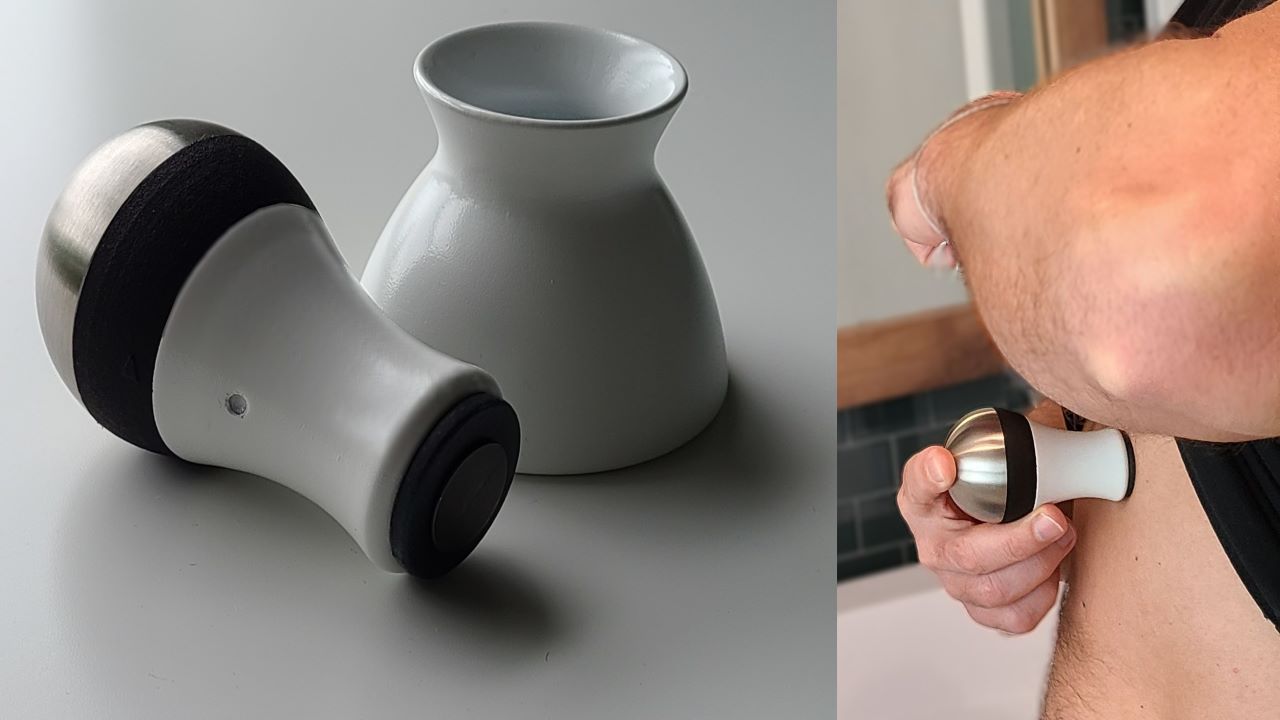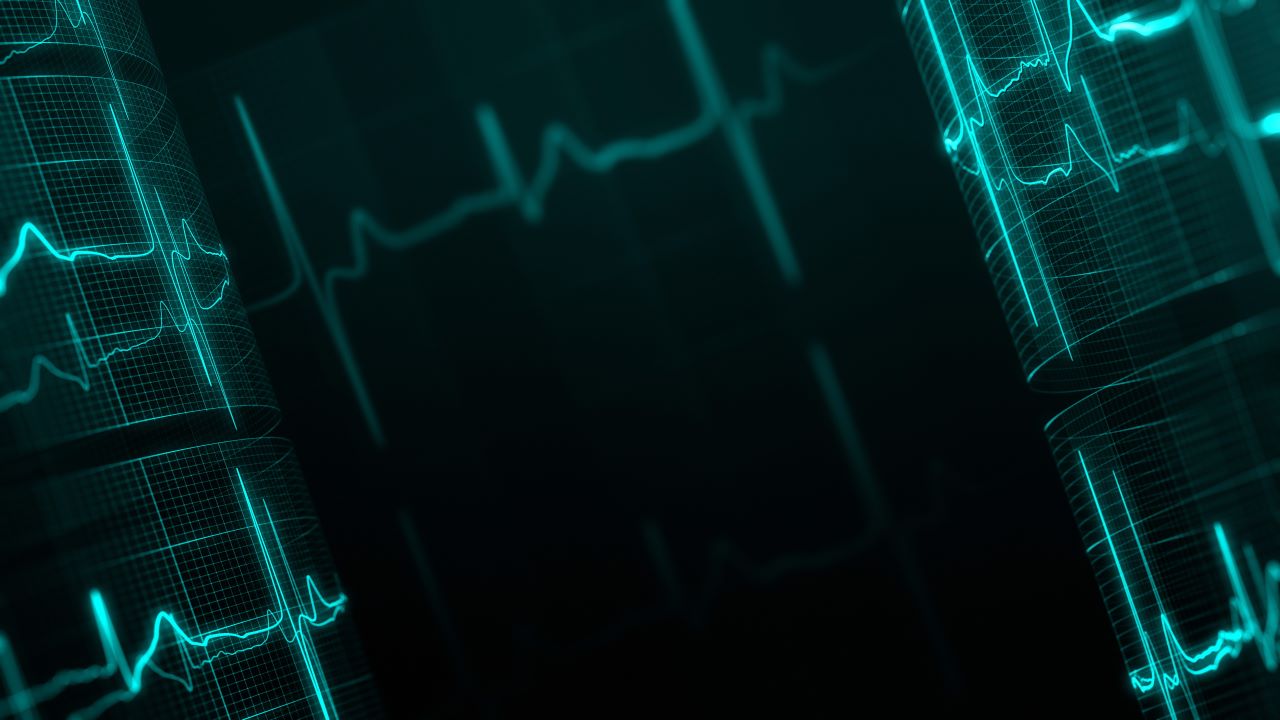AUDICOR® is a non-invasive heart failure management system designed to evaluate the mechanical efficiency and electrical activity of the heart.
The AUDICOR technology has been designed and developed by US-based medical engineering company Inovise Medical under ISO 13485 quality management systems (QMS) controls. The device is claimed to enhance the management of patients with heart failure by detecting the risk of decompensation at home.
The US Food and Drug Administration (FDA) granted breakthrough device designation to AUDICOR in February 2021.
AUDICOR system details
AUDICOR is an acoustic cardiography system that analyses heart sounds to assess cardiac function. By leveraging clinically tested algorithms, AUDICOR remotely monitors the risk of decompensation at home in patients previously hospitalised for heart failure.
The system’s handheld device acquires the heart sound signals using a low-cost, low-power sensor located in the V3 or V4 electrocardiogram (ECG) position. The data is then transferred to a smartphone for analysis in the Cloud.
The analysis of signals produces cardiac acoustic biomarkers, which provide actionable data to optimise therapy and improve patient outcomes. Physicians will receive notifications based on biomarker trends and values and can then use them to modify patient therapy, eliminating the deterioration of heart failure that may require hospitalisation.
Features and benefits of AUDICOR
The AUDITOR solution is built to ensure ease of use and relatively low cost compared to permanently implanted physiologic sensors available on the market. The system lowers the risk of surgical complications and can be integrated into existing signal acquisition devices.
The technology generates various parameters, including electromechanical activation time (EMAT), third heart sound (S3), fourth heart sound (S4) and Systolic Dysfunction Index (SDI). It monitors EMAT through time-tested algorithms.
The strength of S3 depends on the intensity and persistence of the third heart sound, within the range of 0 to 10. The algorithm confirms the presence of an S3 if the strength value equals to or exceeds 5.0.
The presence of S3 is considered physiological for patients aged 40 years or younger. It is correlated with an abnormal diastolic filling pattern and indicates elevated left ventricle (LV) filling pressures and systolic dysfunction for patients older than 40 years.
AUDICOR also offers a value of S4, the strength of which depends on the intensity and persistence of the fourth heart sound, on a scale of zero to ten. The S4, whose presence is always abnormal, indicates an increased stiffness of the LV.
Using the highly specific and rapid examination of patients presenting at the emergency department with symptoms indicating acute decompensated heart failure, the AUDICOR acoustic cardiograph was able to reduce the misdiagnosis rate by 32%.
Clinical study of AUDICOR
A randomised control trial in Taiwan revealed the superiority of AUDICOR-guided management over conventional therapy. The AUDICOR-guided management significantly improved clinical outcomes in patients with acute heart failure when compared to the conventional therapy.
Clinical studies found that a simple AUDICOR test at discharge can identify patients at high risk of heart failure. Greater diagnostic accuracy is achieved by combining brain natriuretic peptide (BNP) and acoustic cardiography.





